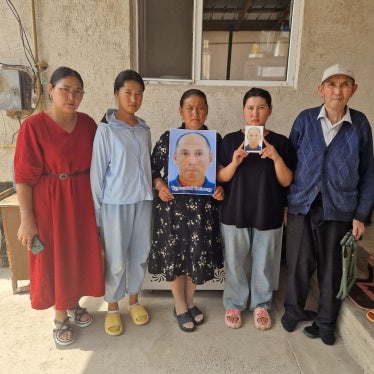The permanent disenfranchisement of over 400,000 ex-offenders in
Florida is likely to have determined the outcome of the presidential election, two non-partisan research
and advocacy groups said.
Florida is one of only thirteen states that deny the vote to ex-offenders who have fully served their sentences. A 1998 report by Human Rights Watch and The Sentencing Project estimated that 436,900 former felons were disenfranchised in the state.
Among Florida's African American residents, the impact of the state's disenfranchisement laws is particularly dramatic: 31.2% of black men in Florida -- more than 200,000 potential black voters -- were excluded from the polls. Assuming the voting pattern of black ex-felons would have been similar to the vote by black residents in Florida generally, the inability of these ex-offenders to vote had a significant impact on the number voting for Vice President Gore.
In their 1998 report, Losing the Vote, Human Rights Watch and The Sentencing Project documented state by state the impact of disenfranchisement laws across the country. Among the report's findings: Nationally, one in fifty adults, an estimated 3.9 million Americans, were not able to vote because of a felony conviction. 1.4 million of these are ex-offenders who have completed their sentences and are not in prison or on probation or parole.
Losing the Vote is available on-line at https://www.hrw.org/en/reports/1998/10/01/losing-vote.







